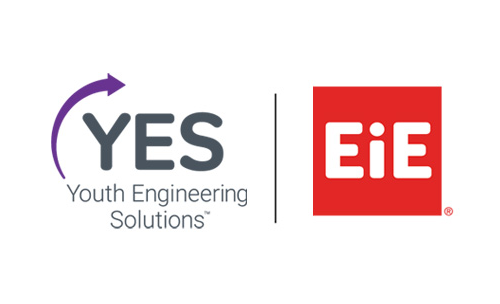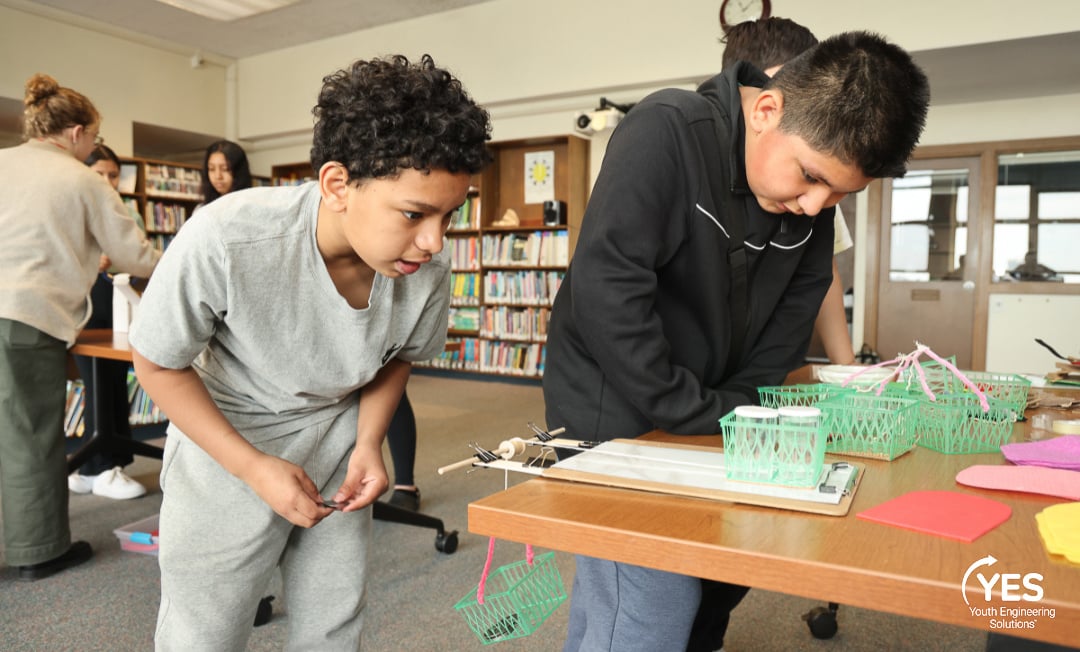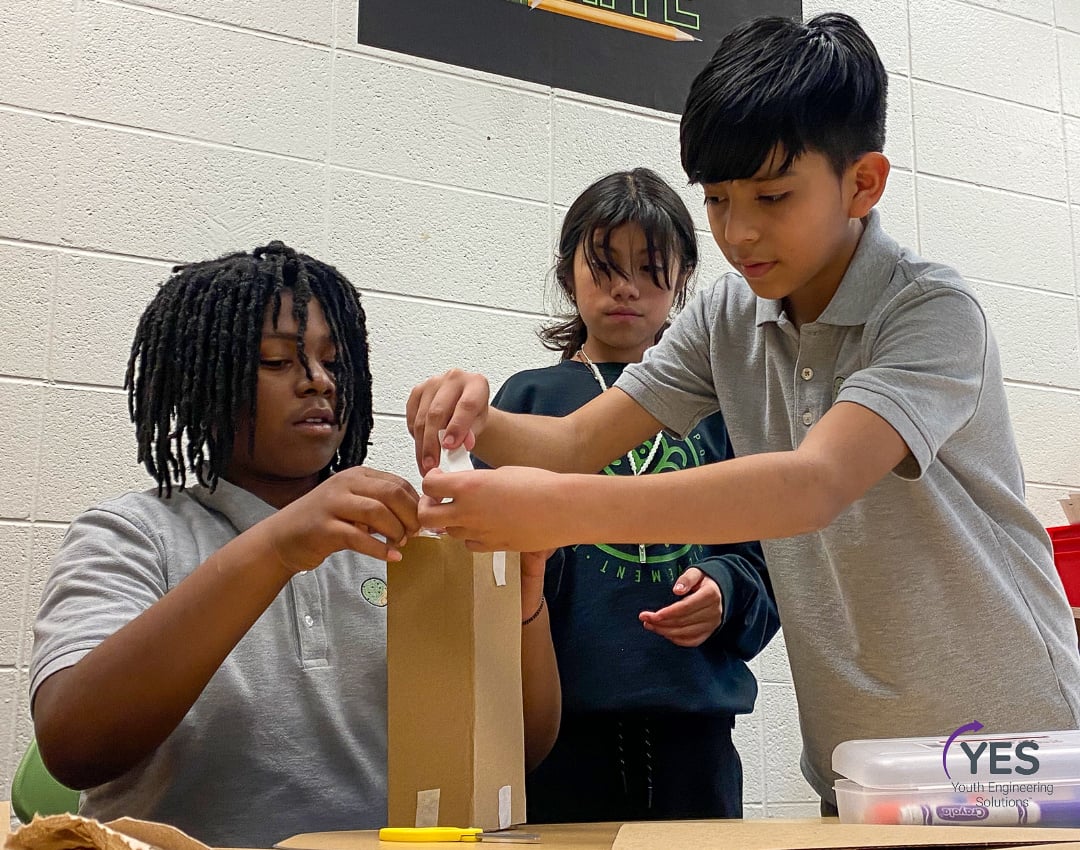Out-of-school time (OST) learning can take many forms - from teacher-led programs designed to improve academic performance to multipurpose enrichment activities like clubs and sports. What all OST education efforts share is the wide range of benefits to learners who engage with academic and social activities when school is not in session.
Academic Development
As educators, we expect that students who spend more time addressing and developing their academic skills will benefit in the classroom with higher grades and increased participation. OST programs in particular have been shown to measurably improve student outcomes with demonstrably higher grades, according to a RAND analysis.
Teacher-led programs in particular, are effective in improving the academic performance at the end of lower secondary education and can also help compensate for previous social disadvantages.
Social Emotional Skills
With more opportunities to engage with their peers and adults outside of school, students who participate in OST programs have additional chances to develop their social-emotional skills. Students develop social capital with the opportunity to develop friendships with peers and adults, opening doors to new experiences, and closing the opportunity gap - though the research about OST programs generally focuses on academic outcomes, their positive influence on social development cannot be understated.
Better Personal Outcomes
In addition to increased positive social behaviors, bonding to school and higher levels of academic achievement, participants of OST programs show increased positive self-perception as well as a reduction in risky behavior, depression and delinquency - leading to better personal outcomes in school and life.
In addition, OST programs can facilitate an environment where disadvantaged youth can get motivational support and meet positive role models where they can experience enrichment, all leading to enhanced self-esteem, social skills and future perspectives (Durlak, Weissberg, & Pachan, 2010).
Whether the OST program focuses on enhancing math skills or increasing physical education, the research is clear: outcomes for students who engage with OST programs face better academic, social and personal outcomes.
If you'd like to learn more about EiE's OST Learning opportunities, sign up for our mailing list, or visit us online.








